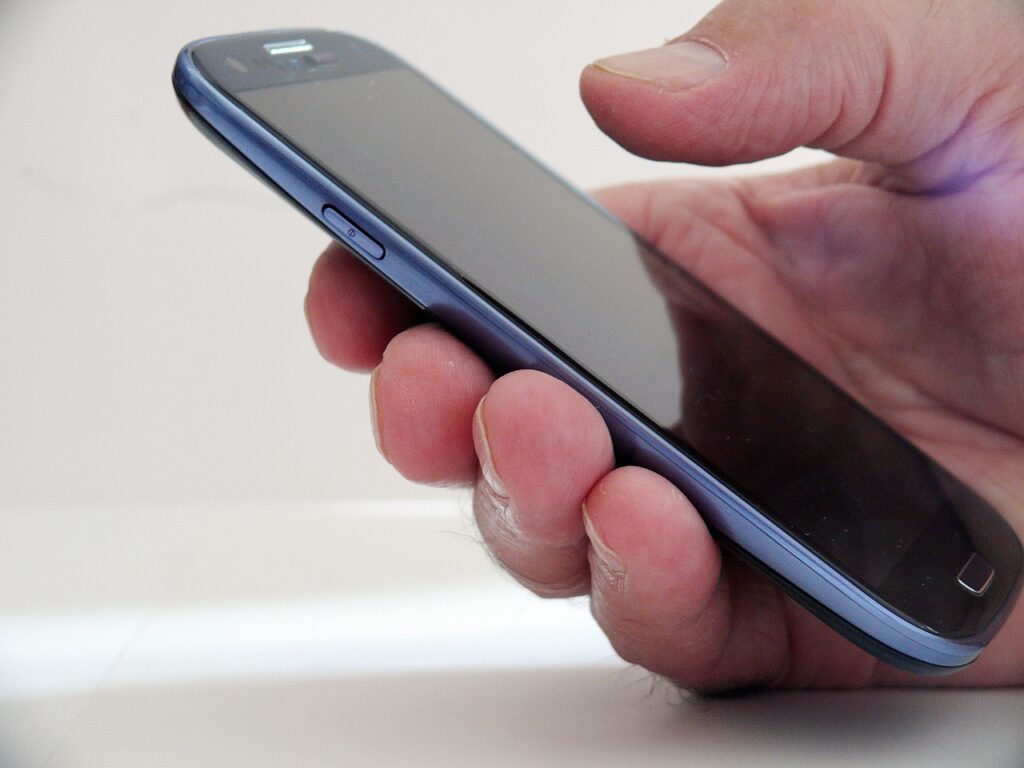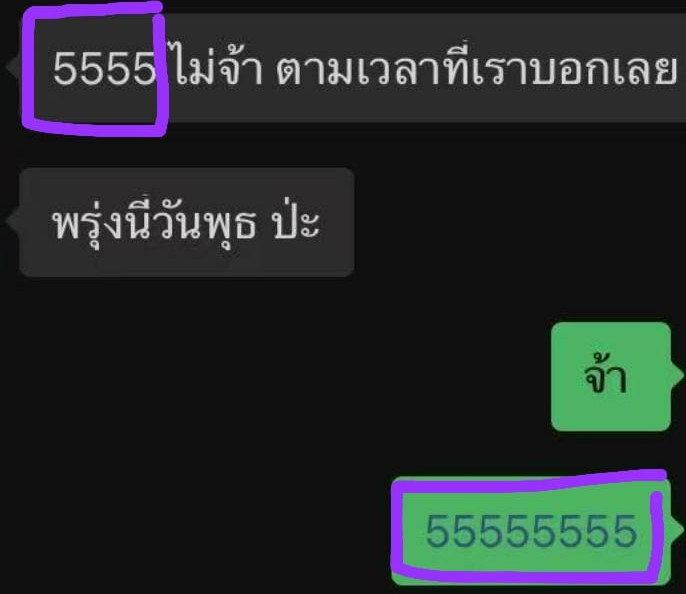Why do Thai people say “you” “you” when calling out to foreigners? How should one refer to another Thai person? Learn how to address another Thai person correctly today!
You might have experienced this – while walking along the streets in Thailand, Thai people are calling out to you saying “you” “you”. This sound weird and borderline rude in English? 😬 Why do Thai people do this?
Even though it sounds weird in English, it is actually polite when you translate it back into Thai language. In most cases, “You” in Thai translates back to “Khun” , which is a polite term. In fact, when you add “Khun” in front of a name, it is to show respect for a person 😇
Check this article if you want to learn how to scold in Thai instead
For example, someone has the nickname of “Chaay”. By addressing the person as “Khun Chaay”, i.e. adding the term “Khun” in front of the person’s name, you are showing respect for that person (i.e. “Chaay” becomes “Mr Chaay”. Adding “Khun” before a person’s name can be used when addressing someone of a higher status than yourself.
Interested to learn the Thai Language? Here’s what you can explore!

Practice your Thai speaking skills and learn how to use Thai to express everyday small talk.

A serious Thai learner aiming to master Thai reading and writing? Start off by learning to text in Thai!

Go for regular Thai classes. Use your SkillsFuture credits to offset your Thai Language course fees!
8 ways to say “You” in Thai Language😎
Now let’s go through this list one by one on when and how to use the different variations of “you” in Thai.
| Thai Word | Who and When to use |
|---|---|
Khun คุณ | Who: Males and Females When: Appropriate for most everyday situations. By default, “you” in Thai language is “khun”. “Khun” also doubles as the title put in front of people’s name to be polite (i.e. serving the function of “Mr”/”Mrs”/”Ms”). Tone: Mid |
Tur เธอ | Who: Females When: This term is more informal and should be used with female friends or people you know well. A common usage is for males to say phom ruk theur (which is I love you in Thai. You will hear this a lot in Thai dramas and Thai songs). — Check out here how to learn Thai vocabulary from Thai songs 🥰 — Tone: Mid |
Phii พี่ | Who: Males and Females older than yourself When: Suitable for most context when you are speaking to someone older than yourself. Tone: Falling Learn how to say the different family members in Thai here. |
Nong น้อง | Who: Males and Females younger than yourself When: Suitable for most context when you are speaking to someone younger than yourself. Tone: Rising Note: “phii” and “nong” can also be used as “I” in Thai Language |
Thaan ท่าน | Who: Males and Females of a much higher status than yourself When: Thaan is a very respectful word for you that is only used when talking to monks or others at a very high status in Thai society. Tone: Falling |
Meung มึง | Who: Males and Females close to yourself When: Used when talking with very close friends. In almost any other context, they are offensive words and only used as an insult to the listener. As a foreigner, you’re better off avoiding it altogether. When used, they are often combined with guu / กู which is a similarly offensive Thai word for ‘I/Me’. Note: Arai Meung / อะไรมึง “what you” can mean F**K you in Thai. Learn how to scold in Thai here. Tone: Mid |
Kair แก | Who: Males and Females close to yourself When: Used when talking with very close friends. You can either directly call their nicknames or use “Kair” – I prefer the formal to err on the side of caution. Tone: Mid |
Nai นาย | Who: Usually for males of a higher status When: This is more formal than “khun” คุณ and can mean “Mr”. I typically see this used in dramas when one is addressing another male of a similar/higher status. Tone: Mid |
As always, if unsure, always stick to the most common version which is “khun” so that you will never go wrong, especially with strangers. For friends, depending on how close the person is to you, I recommend using “phii” for someone older, “nong” for someone younger or “kair” for someone around the same age whom you feel sufficiently close to. This list of 7 different ways to say “You” in Thai language should be more that sufficient for beginner Thai learners to get around Thailand.
Enjoy conversing in Thai today! 😉
Next, check out this post on when to use krub or ka in Thailand 🙏🏼
Get help with learning to read, write and text in Thai today! 🥰
About the author – see the About page for more information
Joanne Tan is an aspiring polyglot and has so far mastered English, Chinese and Thai languages. She first started learning Thai in 2015 before staying in Bangkok for 5 months, and then continued studying Thai up to Advanced Levels at the National University of Singapore. In 2017, Joanne was awarded ‘Advanced Thai Proficiency’ by the Sirindhorn Thai Language Institute of Chulalongkorn University. Today, Joanne freelances as a Thai language tutor and helps her Thai friends actively promote Thai culture.
